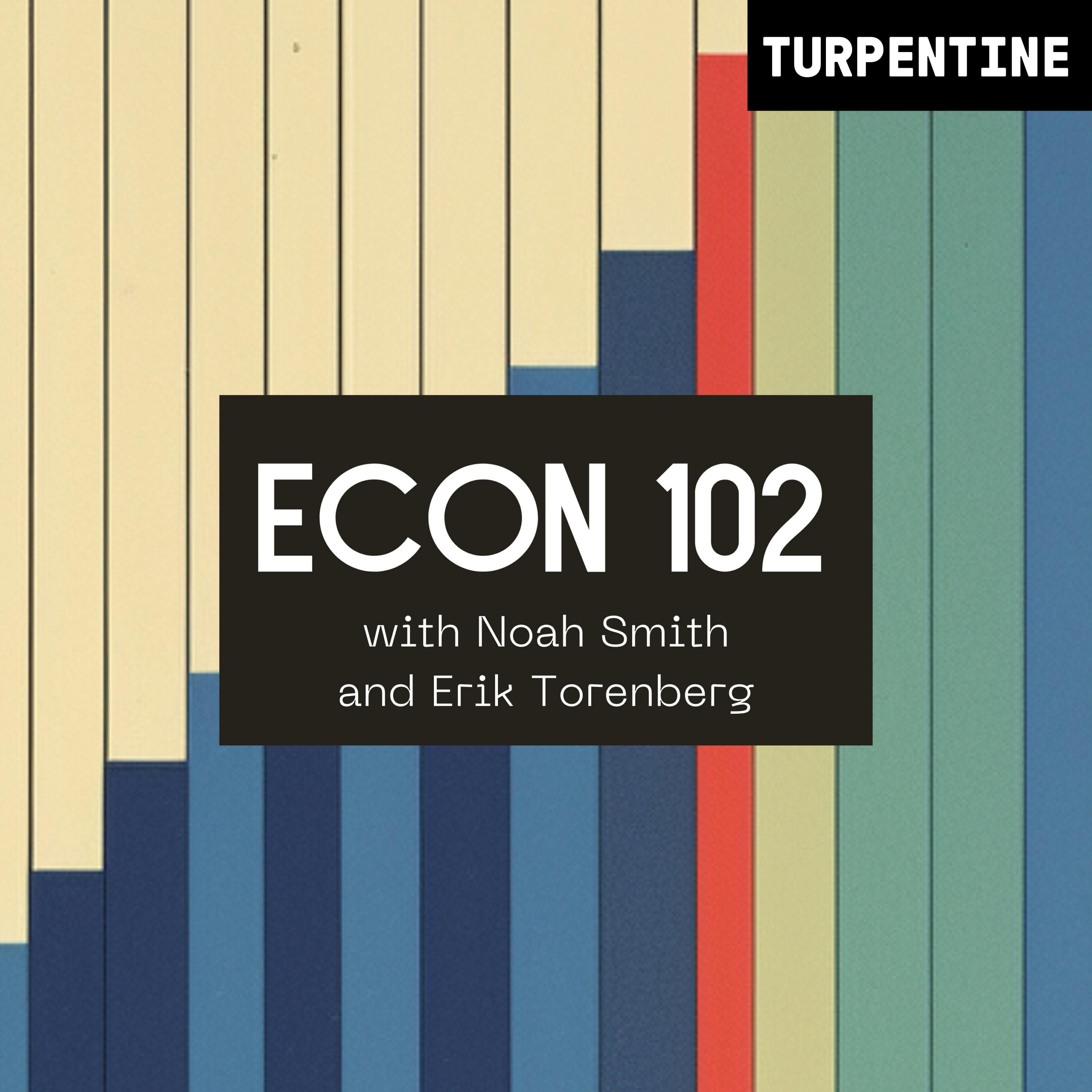PortalsOS
Related Posts
Vote to see vote counts

China has strategically controlled rare earths and magnet-making technology, creating a bottleneck for the U.S.

China's control over 95% of the world's rare earth minerals is a serious act of war. These minerals are vital for the functioning of cell phones, computers, avionics, aircraft, and satellites.
China's strategic control over rare earths and magnets poses a significant bottleneck for U.S. manufacturing capabilities.

The U.S. should invest more in creating critical infrastructure for chip manufacturing, such as rare earth refinement, to diversify the supply chain.
The U.S. needs to create viable commercial alternatives for rare earths through industrial policy strategies, such as guaranteed minimum offtake and price floors.

Subsidizing upstream industries like rare earths and batteries can make downstream manufacturing more profitable by lowering costs.

China controls key supply chain components, such as rare earths, creating bottlenecks for U.S. manufacturing.
China's strategic control over rare earths and other materials creates bottlenecks for the U.S. in industrial production.
China's control over rare earths and magnet-making technology creates a bottleneck for the U.S., and strategic industrial policies are needed to create viable alternatives.

JP Morgan plans to invest up to $1.5 trillion over 10 years in critical industries, including national security and rare earth minerals. This move aligns with Trump's strategic objectives, raising questions about whether it's a genuine investment or an attempt to curry favor with the administration.